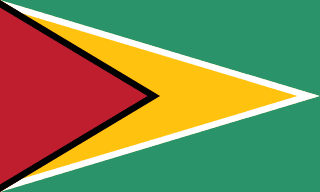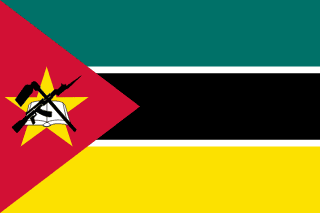2024年7月2日,新加坡教育部长陈振声在国会书面答复非选区议员梁文辉有关政府用于永久居民和非居民学生的总支出。
以下内容为新加坡眼根据国会英文资料翻译整理:
梁文辉(非选区议员)先生询问教育部长:2022及2023 财年政府用于小学、中学和高等教育机构的永久居民学生和非居民学生的总支出明细分别是多少?
陈振声(教育部长)先生:按每名学生计算,与永久居民学生和国际学生相比,教育部在新加坡公民学生身上的人均支出要高得多。这反映在学生的学费上,其中国际学生的学费最高。总体而言,新加坡公民学生的总支出远远高于永久居民学生,而永久居民学生的总支出又高于国际学生。
潘勤群(非选区议员)女士询问教育部长,自2019年以来,新加坡政府每年:

(a)分别向多少名大专预科、理工学院和大学国际学生提供奖学金?
(b)每类奖学金的年度费用中位数分别是多少?
(c)本科国际生中,仅获得学费补助、获得学费补助和奖学金组合以及全额支付学费的比例分别是多少?
陈振声(教育部长)先生:获得奖学金的国际学生占大学预科教育和高等教育学生的不到1%。奖学金的平均名义价值取决于他们的学习水平和课程。我们不为在理工学院学习的国际学生提供奖学金。
大约一半的本科生国际学生支付扣除学费后的费用,而四分之一的学生同时获得学费和奖学金。其余的学生作为国际生支付全额学费。所有获得学费补助的学生毕业后都必须在新加坡工作至少三年。

以下是英文质询内容:
Mr Leong Mun Wai asked the Minister for Education what is the breakdown of the Government’s total expenditure in FY2022 and FY2023 on permanent resident students and non-resident students respectively in (i) primary schools (ii) secondary schools and (iii) pre-tertiary educational institutes, respectively.
Mr Chan Chun Sing: On a per student basis, the Ministry of Education spends much more on Singapore Citizen students compared to permanent resident and international students. This is reflected in the fees payable by students, with fees for international students being the highest. Overall, total spending on Singapore Citizen students is much higher than for permanent resident students, which is, in turn, higher than for international students.
Ms Hazel Poa asked the Minister for Education in each year since 2019 (a) how many (i) pre-tertiary (ii) polytechnic and (iii) university international students have been granted scholarships by the Singapore Government, respectively; (b) what is the median annual cost for each category of scholarships, respectively; and (c) what is the proportion of undergraduate international students who are (i) on tuition grant only (ii) on a combination of tuition grant and scholarships and (iii) full-fee paying.
Mr Chan Chun Sing: International students on scholarships make up less than 1% of pre-tertiary and tertiary students. The average nominal value of the scholarships depends on their level and course of study. We do not offer scholarships for international students to study at the polytechnics.
About half of undergraduate international students pay fees net of a tuition grant, while a quarter receive both tuition grant and scholarship. The remaining pay full fees as international students. All students who receive the tuition grant are required to work in Singapore for at least three years upon graduation.
HQ丨编辑
HQ丨编审
新加坡国会丨来源




























































































